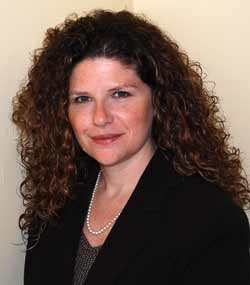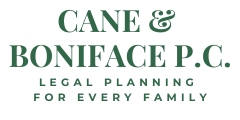Anne Frank once said, “No one has ever become poor by giving.” Everybody’s circumstances are different, but nearly everyone can afford to give something. Here are some ways to help charities now and into the future that may work for you. Remember, you don’t have to be wealthy to leave a legacy.
- Write a check and then see if your employer has a matching program to enhance your gift. Many employers, especially large corporations, will match your gifts dollar for dollar.
- If you have stocks or mutual funds that have gone up in value, give some to charity now. Check with your accountant to see if you can take advantage of the charitable income tax deduction under the new tax rules. You will not have to pay capital gains taxes on the gains, and neither will the charity.
- If you must take a Required Minimum Distribution (RMD) from your IRA, you can give some or all of it directly to charity instead through a Qualified Charitable Distribution (QCD). It will count to satisfy your RMD (up to a $100,000 limit) and will be excluded from your taxable income. This means the gift benefits you even if you do not itemize deductions on your income taxes.
- Do you have Savings Bonds that have matured? They are no longer earning interest and likely you forgot you had them. Cash them in to make a gift.
- Do you have assets you do not know about? Check the NY Office of Unclaimed Funds website at www.osc.state.ny.us/ouf/index.htm or the site for your home state (or where you have lived in the past). You can claim the funds online or mail in your claim. Share some or all of what you find ~ after all, you didn’t remember you even had it!
- Review your will or trust – or write one if you don’t have one. Designate a dollar amount, a specific asset, or a percentage for charity. Name a charity as contingent beneficiary if your loved ones are not alive to receive the gifts you intend for them. Remember, if you do not make a plan, the state has one for you….and it never includes a charity!
- Do you have an annuity, retirement plan, or IRA? Unlike an individual, a charity pays no income tax if it is the beneficiary, so these tax-deferred accounts are ideal tools to make a charitable gift. Plus, you only need to fill out a form – no legal fees required!
- Consider making a bank or brokerage account “payable on death” (POD) or a “transfer on death” account (TOD) and name a charity to be the beneficiary when you are gone.
- Do you have a life insurance policy that you do not need from work or purchased years ago? Give it to charity now or name the charity as the beneficiary.
- Make giving a family affair. Invite family members to join you in giving, maybe for a special occasion or a holiday. Make a gift in honor of your best friend’s birthday– you may even inspire your friend to get involved. You never know the domino effect your gift may trigger.
- “Endow” your annual gift. Suppose you give $1,000 each year to your favorite charity; you can leave an amount to generate equivalent income to replace that gift in years to come. Interest rates vary but estimate.
- If you want to give to charity during your lifetime in a way that is tax efficient and helps you and your family as well as your favorite organization, talk to your estate planning attorney about a charitable lead trust, charitable remainder trust, or charitable gift annuity.
Remember that every gift matters. You don’t have to be a millionaire to make a difference. Even large gifts by well known philanthropists with their names on the building are rarely enough to fund an entire project. Without the many smaller gifts, projects would never be complete. It takes gifts of all sizes to get the job done.

Courtney E. Boniface, Attorney at Law at Cane & Boniface P.C., is admitted to practice in New York, New Jersey, and Connecticut. She helps individuals and families in the New York tri-state area efficiently plan and settle their estates.
This information is intended for informational purposes only and does not constitute legal or tax advice and does not constitute an attorney-client relationship. This is not intended to be used by any taxpayer for the purpose of evading taxes or penalties. Consult competent advisors regarding your specific situation and goals. Go to www.caneboniface.com for more ideas.
© 2023, Cane & Boniface P.C. This is attorney advertising.


 Estate Planning During COVID-19
Estate Planning During COVID-19